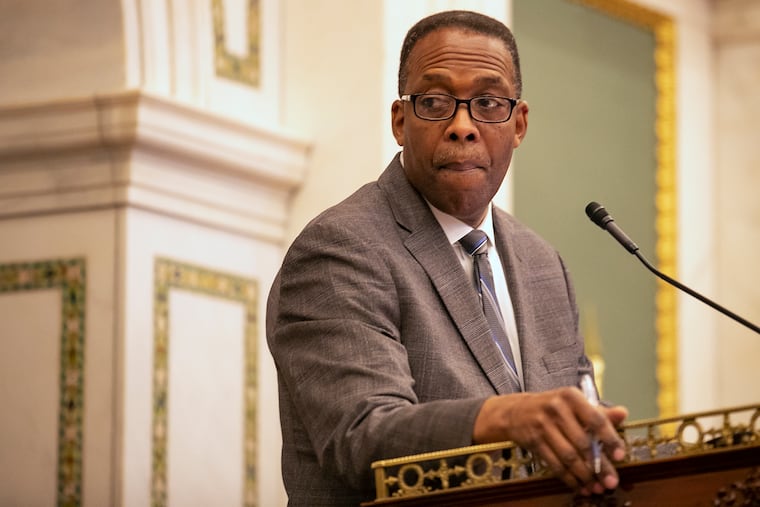Balancing equity and growth is key for City Council’s tax reform plans | Editorial
While the city’s tax situation is not as onerous as it once was, serious reforms are still needed to promote equity and job growth.

It’s a truism of American civic life that raising revenue can be a challenge for municipal officials anywhere. Doing so in the nation’s poorest big city only adds another layer of difficulty. A higher than average percentage of Philadelphia’s workforce is unemployed, we lack the business density of other major East Coast cities, and Pennsylvania’s Uniformity Clause bans progressive income taxes in which the tax rate increases based on earnings.
In the past, abrupt changes to tax policy have had a negative impact on the city’s long-term trajectory. After Mayor Frank Rizzo pushed through a large tax increase in 1976 (a violation of a campaign pledge), many businesses left Philadelphia, and, by 1980, the city had experienced its worst percentage population decrease of the 20th century.
That shift helped shape the current employment landscape in the region, with higher-paid jobs concentrated outside Philadelphia and suburban commuters holding a high share of high-wage jobs within the city. The effects of that dynamic persist today: the job growth Philadelphia has seen in recent years has been disproportionately made up of low-wage work. This exacerbates regional and racial inequality.
It’s against that backdrop that city officials have convened a Tax Reform Working Group, which is set to issue recommendations by year’s end about ways to overhaul the system.
The city’s tax situation is far from being as onerous as it once was. Philadelphia is no longer as heavily reliant on the wage tax as it was in the past when it supplied the majority of tax revenue for the city. An 2016 analysis by the Economy League put the wage tax at roughly 47% of city revenue, a number that has been declining for years. Philadelphia now has a much more diverse revenue stream, a development for which city policy makers should receive some credit.
More good news for the city is that the potential threat to tax revenues posed by the shift of many office workers to work-from-home arrangements may be less than what officials feared. While non-resident commuters contribute roughly $700 million to city coffers on an annual basis, only a small portion of them are eligible for tax refunds, putting the potential loss around $105 million, a more manageable sum than expected at the start of the pandemic.
With that mind, it might tempting for some officials to say that Philadelphia doesn’t need tax reform, a position taken by some members of City Council this spring. Certainly, cuts to something like the parking tax should be off the table, largely because it would likely benefit suburban commuters more than city residents. It’s crucial that the more populist members of Council, instead of viewing the working group as an opportunity to score political points, engage seriously with the need to enact substantive changes.
It is a delicate balancing act, but it’s essential that the Tax Reform Working Group find a way to thread the needle of pragmatic, growth-oriented tax policy that helps the city overcome the long-term, systemic issues like anemic job growth and lack of opportunity that have held so many of our fellow Philadelphians back for so long.